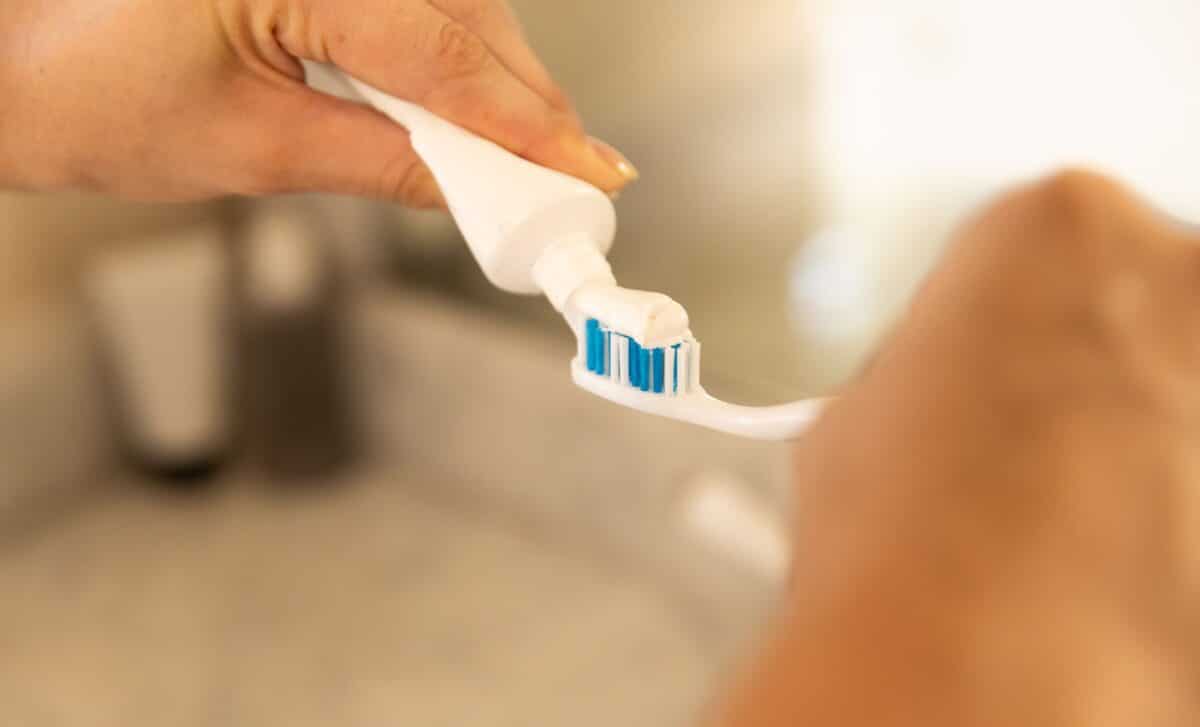Fluoride has long been a cornerstone of preventive dental care in the United States, widely endorsed by public health bodies and professional associations. Now, a regulatory decision by the US Food and Drug Administration has placed that legacy under renewed scrutiny, raising questions about the future of cavity prevention for millions of children.
The FDA’s announcement to remove ingestible fluoride supplements from the market has sparked concern among dental professionals and health organisations. At the heart of the debate is a growing divide between federal regulators citing emerging safety data and medical experts warning of the public health implications of reduced fluoride access.
A Shift in Dental Health Policy Raises Concern
The US Food and Drug Administration (FDA) has announced the start of a regulatory process to remove ingestible fluoride supplements for children from the American market. These products—available in the form of tablets and drops—are typically prescribed to children at high risk of tooth decay, particularly in areas where drinking water is not fluoridated.
This decision reflects growing governmental scrutiny over the potential systemic effects of fluoride when swallowed, especially during early childhood development. At the same time, many medical and dental organisations are cautioning that the move could undermine longstanding public health gains in cavity prevention.
FDA Cites Microbiome and Developmental Risks, Despite Limited Evidence
According to a May 13 statement from the FDA, these ingestible supplements—unlike fluoride in toothpaste or mouth rinses—are swallowed by infants and toddlers and “have never been approved” by the agency.
The FDA has cited concerns that fluoride ingestion may alter the gut microbiome, and has referenced research associating systemic fluoride exposure with “thyroid disorders, weight gain, and possibly decreased IQ.”
FDA Commissioner Dr Marty Makary explained the decision by stating that “the best way to prevent cavities in children is by avoiding excessive sugar intake and good dental hygiene, not by altering a child’s microbiome.” He added that the agency aims to complete a formal review by October 31, during which it will consider public input and available data.
According to the FDA, several studies have supported their concerns. However, most examined high fluoride levels well above the concentrations found in US products.
A 2024 JAMA Pediatrics review cited by NBC News noted possible links to cognitive outcomes, but the included studies—mainly conducted in countries with much higher fluoride exposure—were largely described as low in quality.
Health Organisations Warn of Setbacks in Dental Prevention
Professional dental associations have strongly criticised the decision. The American Dental Association (ADA) and the American Academy of Pediatrics (AAP) continue to advocate for fluoride use, citing its role in reducing cavities by more than 25% in both children and adults, even in the presence of fluoridated toothpaste.
According to Dr Margherita Fontana, chair of cariology at the University of Michigan, the only confirmed side effect of fluoride at recommended doses is dental fluorosis, a mild cosmetic condition. She warned, “If we start removing fluoride products, we’re going to be where our grandparents were, with dentures at young ages.”
Health disparities are also a key concern. In regions where water fluoridation has been banned, including parts of Utah and Florida, supplements offer one of the few remaining fluoride sources.
According to Dr Meg Lochary, a paediatric dentist in North Carolina, the FDA’s move “takes away the choice of parents to allow their children to have better dental health.”
With a growing number of states moving to restrict water fluoridation, and the FDA now challenging ingestible forms, access to fluoride in the US is narrowing—prompting warnings of a potential reversal in decades of dental health progress.









